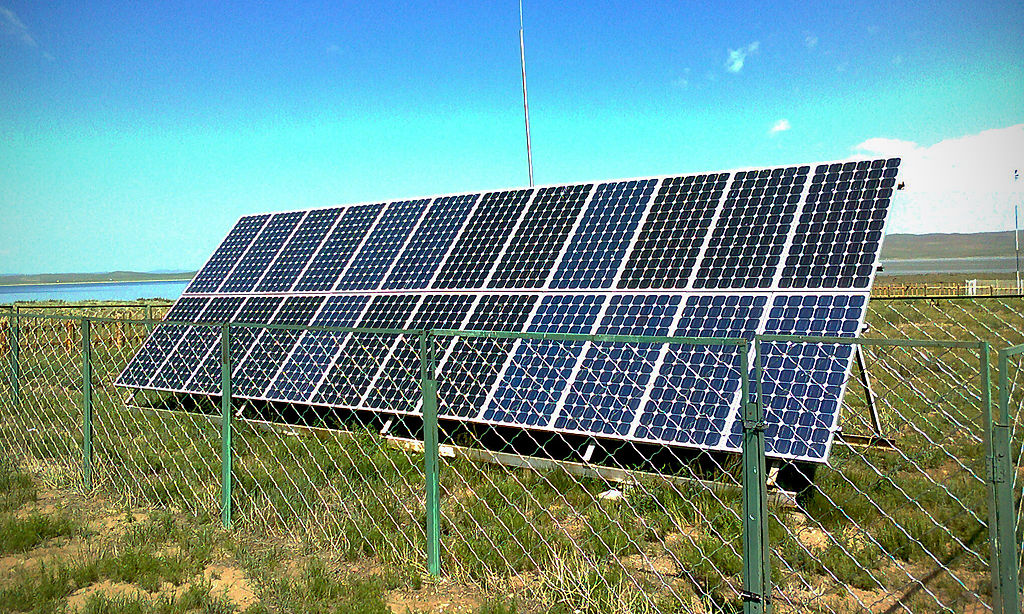
Cheap solar panels are transforming the energy sector in developing countries worldwide
A landmark collaboration between the UK’s Energy Africa initiative and America’s Power Africa campaign has been launched to bring clean electricity to millions of people across the African continent.
The UK’s Department for International Development (DFID) Minister Nick Hurd announced the new partnership in December in collaboration with his US counterpart, USAID Associate Administrator Eric Postel.
Hurd commented: “No one can tackle Africa’s energy challenge alone… The U.S. has led the way over the past few years with its Power Africa campaign. Together with our Energy Africa campaign we can boost access to reliable, clean and affordable household energy, helping millions of people to lift themselves out of poverty.”
The two organizations’ combined efforts will aim to leverage private investment to develop power sharing networks between African countries and tap their unused resources, such as geothermal power, to increase locals’ access to electricity.
It is estimated that around 600 million Africans still lack electrical power at home, holding back businesses and development.
A Memorandum of Understanding (MoU) was signed between the two countries at a special event arranged by the United Nations Economic Commission for Africa and New Climate Economy, at the recent UN climate change conference in Paris.
USAID Associate Administrator Eric Postel said: “In partnership with DFID… We can help accelerate Africa’s path toward economic and environmental sustainability.”
The MoU commits Energy Africa and Power Africa to work together in a number of key policy areas, including expanding off grid energy, boosting investment in clean energy through joint projects, and improving female participation rates in Africa’s energy sector.
The UK’s campaign has historically focused on boosting the household solar market throughout sub-Saharan Africa, with the ultimate goal of creating universal energy access across the region.
Energy Africa claims to have signed up six African countries to cooperate on reducing policy and regulatory barriers to cross-border market expansions in the household solar energy market. This includes regional superpower Nigeria. Discussions with eight more African governments are still ongoing.
Meanwhile America’s Power Africa has sought to create 60 million electrical connections in sub-Saharan states by unlocking local resources of wind, solar, geothermal and natural gas resources. The project also aims to add at least 30,000 megawatts of new, cleaner electrical power capacity to the area.
Together the two organizations believe the new joint initiative will help strengthen donor coordination and stimulate efforts by local governments, foreign donors and private businesses to meet the Global G7 in Africa target of delivering affordable, sustainable clean energy to the continent’s citizens.
It comes as a historic $100 billion package of measures were agreed between Western governments and the leaders of emerging and developing countries to combat climate change and keep global temperatures well below a 2 °C rise.
Green technology is rapidly emerging as a potential challenger to traditional fossil fuels as a cheaper, cleaner means of providing power to developing countries worldwide. With many newly emerging states like China now looking to cut down on pollution in at home, countries which have not yet created a traditional electrical infrastructure may be poised to avoid earlier pitfalls as they seek to join the ranks of economically developed countries.